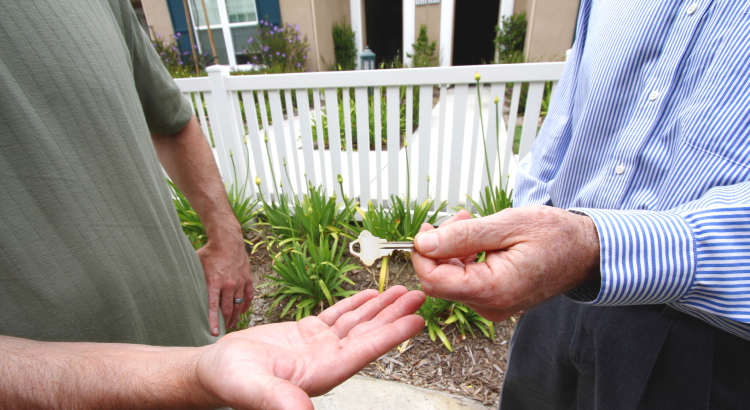FROM OUR PARTNERS

It’s not uncommon to borrow or lend out a car. If a friend or family member asks, the chances are that you will let them have it, usually without worrying about any consequences. Because you are close, saying no may even feel difficult. But have you wondered what the situation might look like if they get into an accident?
You may trust their driving skills or assume that they will be careful because it is not their car. Sadly, an accident can occur even when you are careful, maybe because of other careless road users. Accidents can catch up with anybody.
Some lawyers, especially those who have experience dealing with car accidents, advise us to say no if we’re feeling uncomfortable. When someone comes to borrow the car, consider factors like the driving experience before making a decision. But remember, as we’ve already said, accidents can occur even when you are an experienced driver.
This article covers details on what happens when a car gets into an accident. We have also covered possible scenarios and what to expect out of them. However, this should not be taken as advice against lending out your car to a friend or relative. Let us get started.
Accidents can occur at any time. So what happens when you lend out your car, and it gets into an accident? Who is liable at that point? And of the three parties involved–you, the person you lent your car to, and the other driver involved in the accident–who is responsible? Here is a breakdown of what is likely to happen.
Immediately after an accident, the first step of legal action is to determine whether the driver at the time of the accident was driving with your permission or not. If yes, then the situation is not as complex. However, if the driver was driving without your consent, the situation becomes difficult, and many legal factors or policies come on board.
When the police arrive at the accident scene, they will usually ask for the car’s registration and document the details of the driver who was driving. They may also ask for a borrowed vehicle agreement. That means that the driver at the time of the accident is liable even though you are the owner. The police will also assess the situation of the accident to determine the cause of the accident.
If it is found out that another driver was at fault for the accident during the assessment, the driver becomes liable. That driver’s insurance at fault takes care of all damages during the accident, and you and the borrow are not responsible.
Your insurance claim at this point may have complications because of some insurance policies. Typically, most policies specifically cover the car and not the drivers you let borrow it.
Lending out your car to a friend or relative may not seem a big deal until it gets into an accident. No one wishes to get into an accident, but it is essential to consider all the possible outcomes if it happens. Is the person you let borrow your car able to take care of all expenses if needed?
Another consideration is whether you can handle financial consequences. If the person you are letting borrow your car can take care of the expenses or manage them themselves, then there is no problem lending out the car. Also, check whether you have non-owners auto insurance or motor third-party liability insurance which covers other damages besides the vehicle. If it is not clear who will take care of the expenses, remember that you can refuse to lend your car out.
As mentioned before, insurance policies cover your car and not the driver. Read over your coverage carefully, but it is likely that your insurance could take care of damages to the car during an accident.
Your friend’s insurance may cover some damages or injuries, but note that your vehicle’s policy is the primary coverage in case of an accident. That means your insurance covers all significant damages on your car and the other person’s vehicle. If it is a collision, then LDW collision coverage may be needed. LDW is an acronym for Loss Damage Waiver.
In most cases, when the damages are beyond what your insurance covers, then the rest of the costs are taken care of by your friend’s insurance cover. However, if your friend does not have a cover, you will have to look for alternative ways.
What if a relative or friend takes your car without permission? If that ever happens and your car gets into an accident, then the insurance cover of your friend or relative may be primary and yours secondary. But what if the person has no insurance cover?
Even though your relative or friend gets into an accident in your car, which they took without permission, you may still take care of all your finances if they don’t have a cover.
Accidents can catch up with anybody, so it is essential to understand the legal risks you are taking when lending your car out. Whether you trust the driving skills of the person borrowing your car, consider the expenses that may accrue in case of an accident.
Experienced car accident lawyers advise that car wrecks may be more complex than they look. In case of an accident, it is essential to seek the services of an experienced attorney. Because each situation is unique, a professional lawyer stands in an excellent position to advise you.
All this is not to say that you should never lend out your car, of course. Sometimes it may be unavoidable, or it is difficult to say no. If this is the case for you, it is important for you to be aware of what your insurance does or does not cover. Paying for additional cover may be a wise option if you find yourself lending out your car frequently. Remember: safety first.